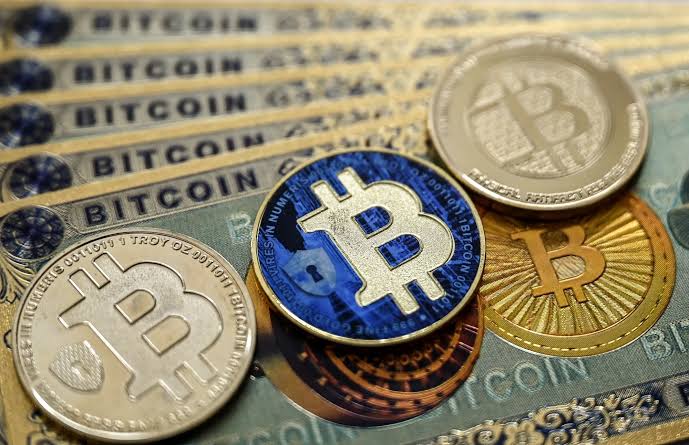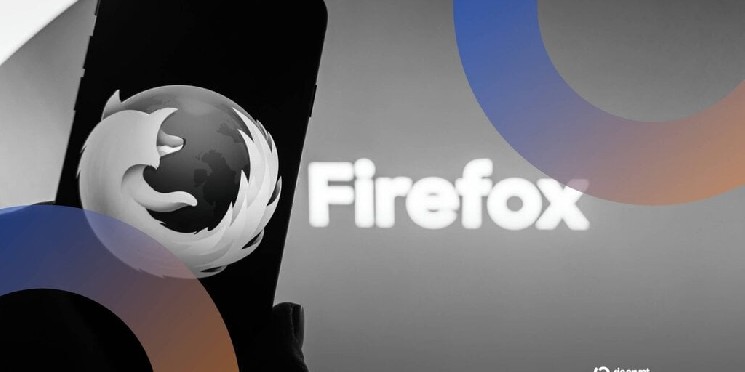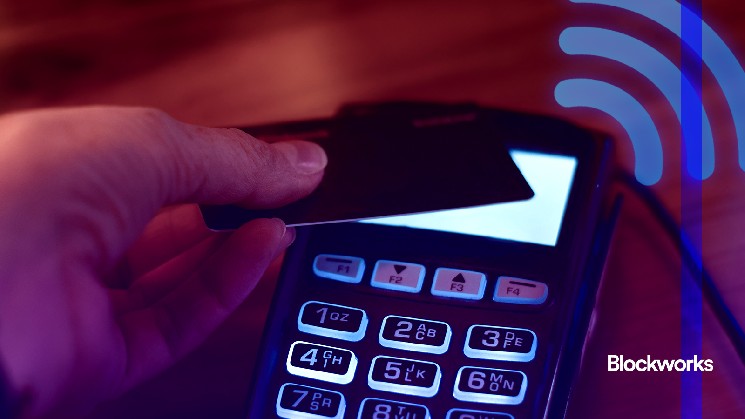Crypto needs more no-fee, open-source payment tools - Blockworks
This is a segment from The Drop newsletter. To read full editions, subscribe.
A crypto researcher has whipped up an open-source payment processor within a week that lets a buyer tap a crypto wallet on a mobile device to pay for items without any processing fees typical of credit cards and terminals like Square.
Tim Robinson, head of crypto research at VC firm BlueYard, shared a video of the device in action this week making a payment with the MetaMask app on his phone.
The terminal, which he’s dubbed FreePay, has a few different components, including an NFC reader and a screen for the seller to type in the amount they want to charge.
“We’re supposed to be replacing TradFi, not joining them,” Robinson said.
Robinson built a companion app for sellers using FreePay and an Android app for customers, but notes that FreePay only works with MetaMask and Coinbase Wallets (at least in its current form).
In recent months, crypto firms — from Coinbase to MetaMask, Avalanche to Solayer — have all unveiled their own various crypto payment cards using traditional payment processors like Visa, Mastercard and even American Express.
But while these big-name TradFi firms have widespread reach, their fees aren’t inconsequential and can cut into businesses’ bottom lines or result in those higher costs being passed on to consumers.
Visa credit card fees per transaction can be anywhere from 1% to over 2%, while Amex fees are typically higher, and can range from 1.4% to over 2.5%.
Of course, blockchains come with their own set of fees, but ultimately that depends on the chain used. Ethereum L2 and Solana fees are much, much lower, especially when considering credit card fees plus the 2.6% and up additional fee added just for using a Square terminal.
“I started with L2 support because that’s what I know best, but because it’s open source anyone can extend it,” Robinson told me in a DM of FreePay, adding: “Would love to see others add more chains and more wallets to support the standards needed to work with it.”
Crypto use in the US does come with some tax rules, though, which can deter some from using it as a payment method because it’s more complex than a stablecoin or fiat currency payment.
But hey, if you want to spend your crypto directly from your wallet in a tap-to-pay method, FreePay looks like one potential way for merchants to let you do just that.
I personally think we’re still a little ways away from actually seeing crypto being used for daily, small payments at scale, but the crypto industry really should reconsider its full-tilt embrace of fee-heavy, decidedly centralized payment systems (and systems that refuse to bank businesses like legal dispensaries and sex workers).
As others have pointed out, crypto could also benefit from more open-source tech more broadly, including hardware wallets. Open-source tech is inherently more decentralized by design — and allows different motives besides maximizing profits alone to come into play.
A lot of compromises have been made by big crypto firms in pursuit of “mass adoption.” But maybe it’s time we look back at history and remind ourselves why bitcoin was even invented in the first place.
You may also like...
1986 Cameroonian Disaster : The Deadly Cloud that Killed Thousands Overnight

Like a thief in the night, a silent cloud rose from Lake Nyos in Cameroon, and stole nearly two thousand souls without a...
Beyond Fast Fashion: How Africa’s Designers Are Weaving a Sustainable and Culturally Rich Future for

Forget fast fashion. Discover how African designers are leading a global revolution, using traditional textiles & innov...
The Secret Congolese Mine That Shaped The Atomic Bomb

The Secret Congolese Mine That Shaped The Atomic Bomb.
TOURISM IS EXPLORING, NOT CELEBRATING, LOCAL CULTURE.

Tourism sells cultural connection, but too often delivers erasure, exploitation, and staged authenticity. From safari pa...
Crypto or Nothing: How African Youth Are Betting on Digital Coins to Escape Broken Systems

Amid inflation and broken systems, African youth are turning to crypto as survival, protest, and empowerment. Is it the ...
We Want Privacy, Yet We Overshare: The Social Media Dilemma

We claim to value privacy, yet we constantly overshare on social media for likes and validation. Learn about the contrad...
Is It Still Village People or Just Poor Planning?

In many African societies, failure is often blamed on “village people” and spiritual forces — but could poor planning, w...
The Digital Financial Panopticon: How Fintech's Convenience Is Hiding a Data Privacy Reckoning

Fintech promised convenience. But are we trading our financial privacy for it? Uncover how algorithms are watching and p...




